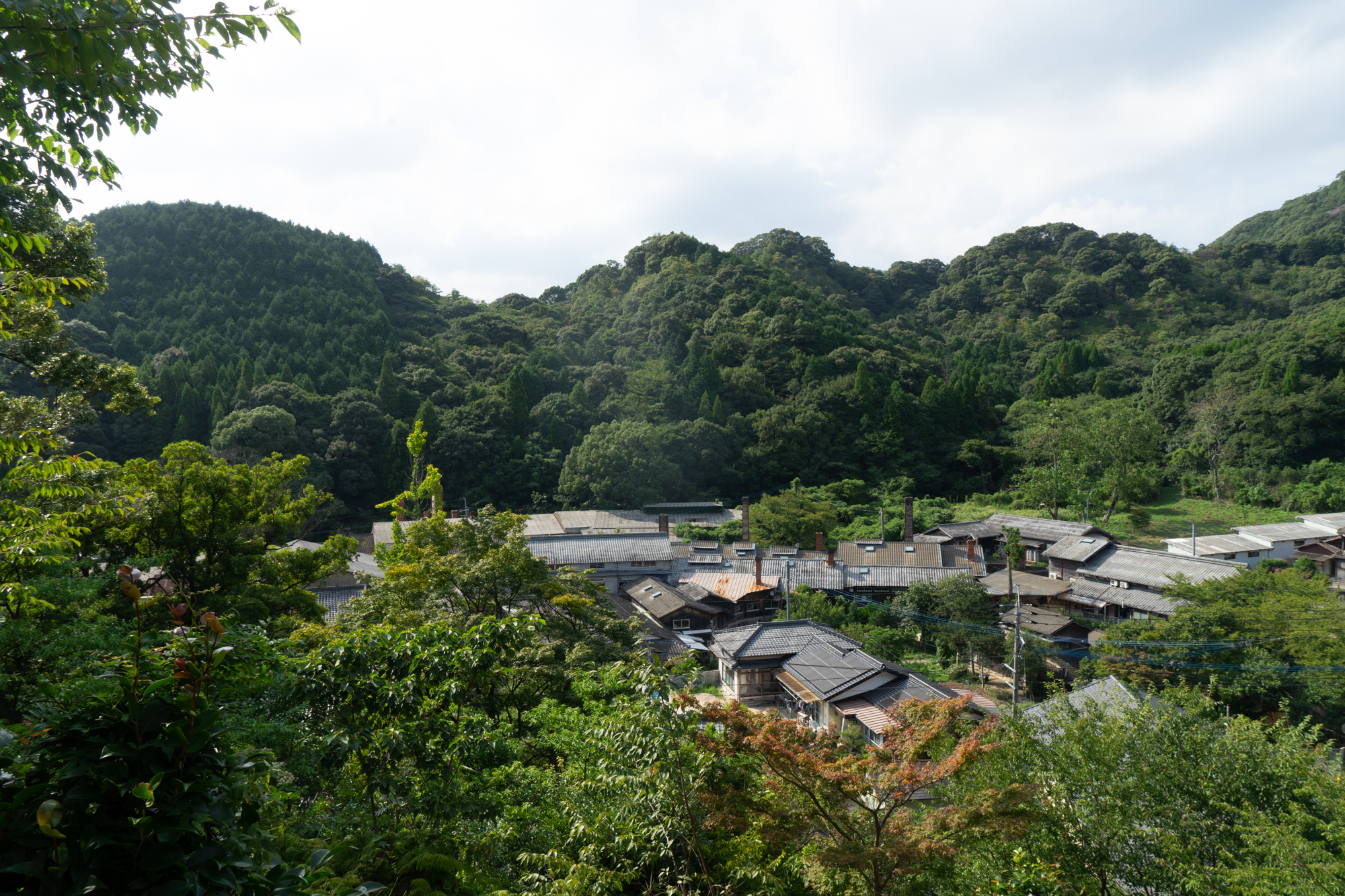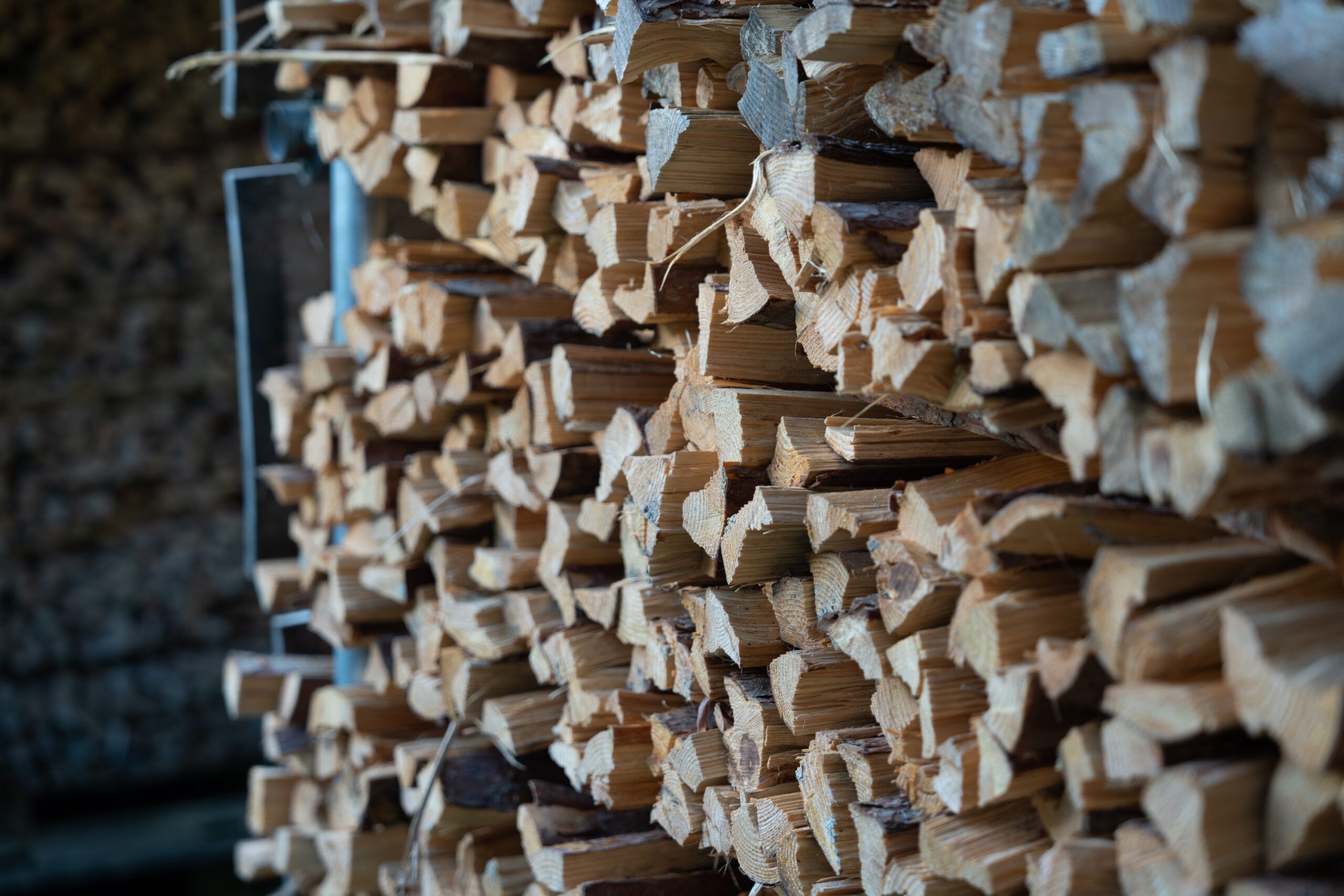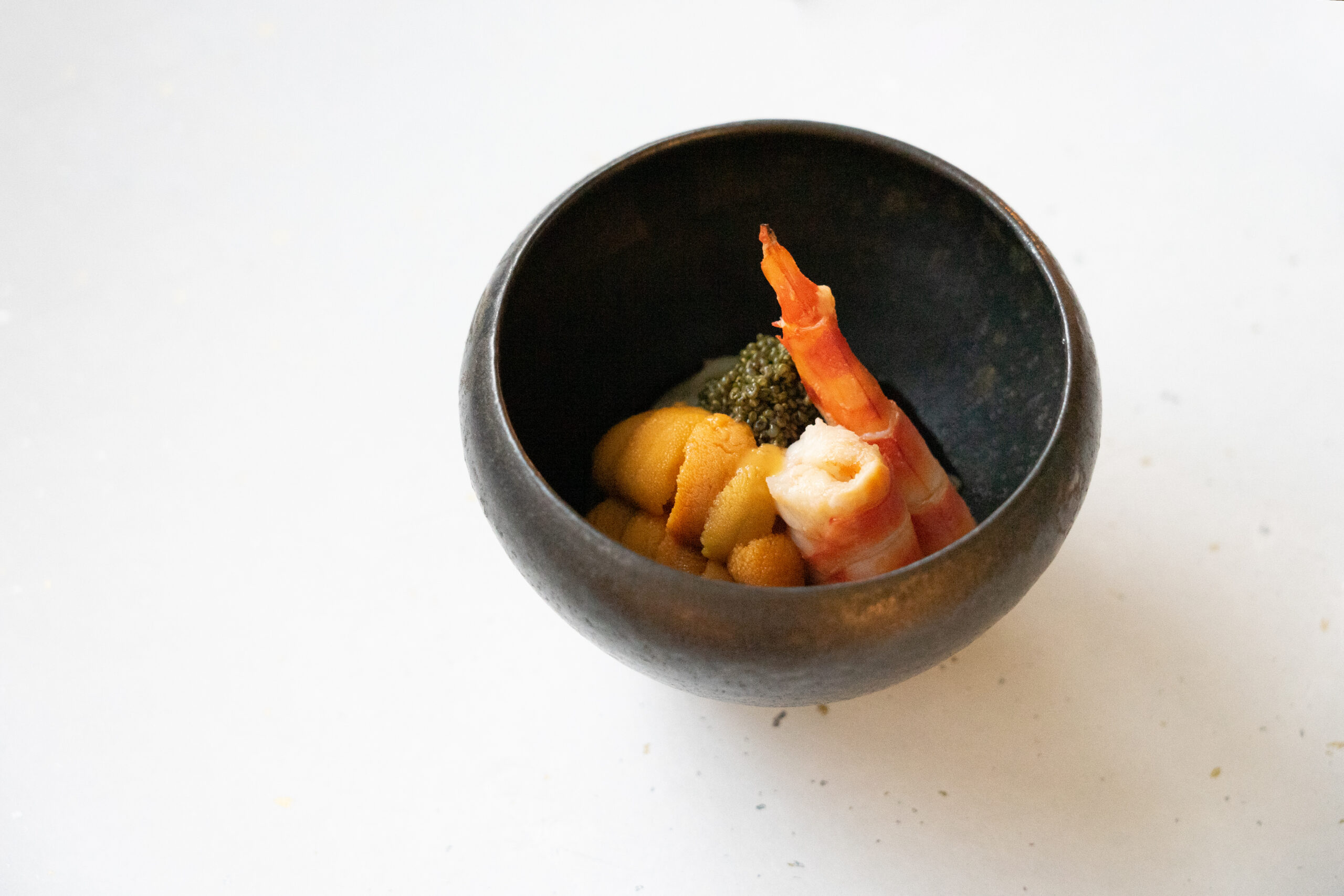Today, with the emergence of the new coronavirus, we are in the midst of major changes. These changes also provide an opportunity to reevaluate our daily lives and the state of society, and more and more people are becoming interested in social issues such as climate change, economic disparity, and the declining birthrate and aging population. While many countries are becoming materially richer and life expectancy is increasing, it is difficult to say if society as a whole is becoming happier. Looking around the world, it is evident that the excesses of globalization and capitalism need to be corrected in some way, and both individuals and companies are increasingly required to take a stance on various social issues as they face the post-corona landscape.
Revitalizing Local Industries
Since around 2015, I have been working to promote the value of Japanese crafts both in Japan and abroad. In the midst of recent changes, I have come to think more deeply about the role of crafts in addressing social problems. Their most obvious role is the revitalization of local industries. Crafts are made all over Japan, and are an important source of employment for people living in craft-producing regions. We will not be able to return to the days of having a large number of craftspeople to make things, but if local industries regain their attractiveness, some people will move from the cities to the countryside, creating value through employment but beyond that as well.
Modern crafts have also made a significant contribution to the tourism industry. Local crafts have long been popular as travel souvenirs, but now it is not unusual for a visit to a workshop or local museum to be the purpose of the trip itself. As with local cuisine, if crafts continue to be widely recognized as a form of culture that represents the local area, it is likely that even overseas connections will be created and new possibilities will open up.
Confronting Climate Change
What about climate change, one of the most hotly discussed social issues in the world today? A major contributor to climate change is the emission of greenhouse effect gases, but modern crafts are not mass-produced products, and their overall emissions are low compared to other, larger-scale industries. Although there are some challenges in making ceramics and glass, which require firing at high temperatures, the distances to procure materials for crafts are short and the movement of people is minimal, so the environmental impact is low for a modern manufacturing industry. The most important point is that crafts are meant to be used for a long time; their appeal in terms of sustainability stems from the fact that they can be used for generations, with repeated repairs, as in the case of kintsugi “golden joinery”. In this way, becoming more conscious of and attached to the objects we use in our daily lives is the first step toward addressing environmental issues.
Diversity of Life
I personally feel that the most important contribution of crafts in the midst of these various social problems is to help us become aware of the diversity of cultures and lifestyles. This is also a way to rethink excessive globalization. If you visit different countries, you will see that in any city in any country, you can find the same brands and foods in the shopping malls. You can’t tell where things are made without looking at the tag. Surrounded only by such things, we lose the sense of respect for differences, and I think that eventually we will become people who think that everything we eat tastes the same and everything we wear is made of the same material. Japanese crafts reflect the individuality of each region; each one is a unique tool that differs slightly from all the others. To be aware of these small differences is to respect the individuality and way of life of the people who live there. I believe that the future of globalization lies in respecting and utilizing each other’s unique crafts and culture, not only in Japan, but also in other countries around the world, both developed and developing.
The bigger the social issue, the more difficult it is to immediately accept it as something relevant to your life. Therefore, it is necessary first “to know,” then “to feel,” and then “to take action” in our daily lives, step by step. I, too, have not always been strongly aware of social issues in my daily life, but as I have earned about various crafts, I have come to appreciate different ways of living and have gradually changed my own awareness and perspective. In our everyday lives, it is not just about experiencing greater pleasure and comfort, and not just about moving towards a more prosperous future. Sometimes it is necessary to take the long way around, to spend time and exert effort. I feel that this message lies waiting to be rediscovered in crafts.
Yusuke Shibata



